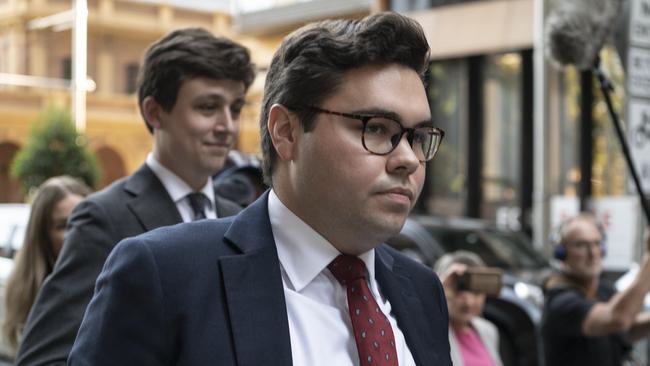
This is not a niche legal issue. It raises yet again the concern that in these days of #MeToo, too many people, right up to the judiciary, are overcorrecting in the struggle to find the right balance between protecting the rights of victims of alleged sexual assault and the rights of defendants.
The context of the Chief Justice’s secret conversation is critical to understanding why it is so troubling. First, McCallum secretly raised the possibility of a guilty plea with defence barrister Steven Whybrow barely a week into a trial originally set down for six weeks. The jury was sitting and was therefore charged with determining the facts. The judge’s role in a jury trial is to oversee the law.
Second, Brittany Higgins had not finished being cross-examined over her allegation that she was raped in the early hours of March 23, 2019, when she and Lehrmann returned to Parliament House after a boozy night out.
Third, Higgins’s version of events was beginning to unravel. Whybrow’s cross-examination of the complainant exposed discrepancies in her original evidence. Higgins had claimed she put the dress she wore on the night of the alleged rape under her bed, unwashed, for six months; during cross examination she admitted she wore the dress some seven weeks later at a campaign dinner with her boss, Linda Reynolds.
Higgins claimed she suffered a panic attack in a parliament bathroom for possibly some hours on April 4, 2019, when Reynolds’ chief of staff texted her to check on her. Higgins was forced to admit she was at farewell celebrations for her former boss Steve Ciobo. Higgins originally claimed she asked her father to come to Canberra after the alleged rape; cross examination revealed his visit had been prearranged. Higgins made multiple statements to various people and police that she had made or been to doctors’ appointments but had not been to any; there was no evidence they were made.
Justice McCallum is constrained in her capacity to respond to questions put to her on the issue. If she could speak freely she might say that it is entirely commonplace, and indeed necessary, to inform an accused that an early plea will result in a discount on sentence. That is not in dispute. But such conversations should occur in open court where a judge can eliminate any risk of a perception of bias by fully explaining any comments made.
During cross examination, Higgins admitted deleting phone messages prior to going to police, including text exchanges with a Parliament House security guard on the afternoon of the alleged rape, and deleting a single message from a text thread with her former boyfriend Ben Dillaway where she said “Not interested in pursuing, but it’s all beyond strange”. Higgins also acknowledged, during cross-examination, refusing to hand her phone to police and making appointments with police that she didn’t turn up to, texting boyfriend David Sharaz: “I’m clearing out my phone ahead of the police.”
Cross-examination also revealed Higgins had drafted chapter headings and an outline for a book before her interview with The Project and before going to police. Further, on March 16, 2021 she received confirmation from Peter FitzSimons there was a publisher’s offer of $325,000.
Given that even part of the cross-examination had exposed a number of discrepancies in Higgins’ evidence, it is surely not unreasonable for Lehrmann to regard the Chief Justice’s comment – raising the possibility of a guilty plea, and a discount for an early plea part way through cross examination – as creating the perception of bias before the trial was even close to concluding. Indeed, as Lehrmann told The Australian, his understanding is that his lawyer did not pass on what the judge said in that critical secret conversation out of concern for Lehrmann’s mental health – and was based on previous instructions which meant that he knew Lehrmann would never plead guilty.
Clearly, McCallum was concerned to learn that Higgins was absent from court due to mental health issues. We know that because, during the first secret meeting in her chambers with DPP Shane Drumgold and Lehrmann’s defence counsel, the judge suppressed any mention of the reason for Higgins’ absence.
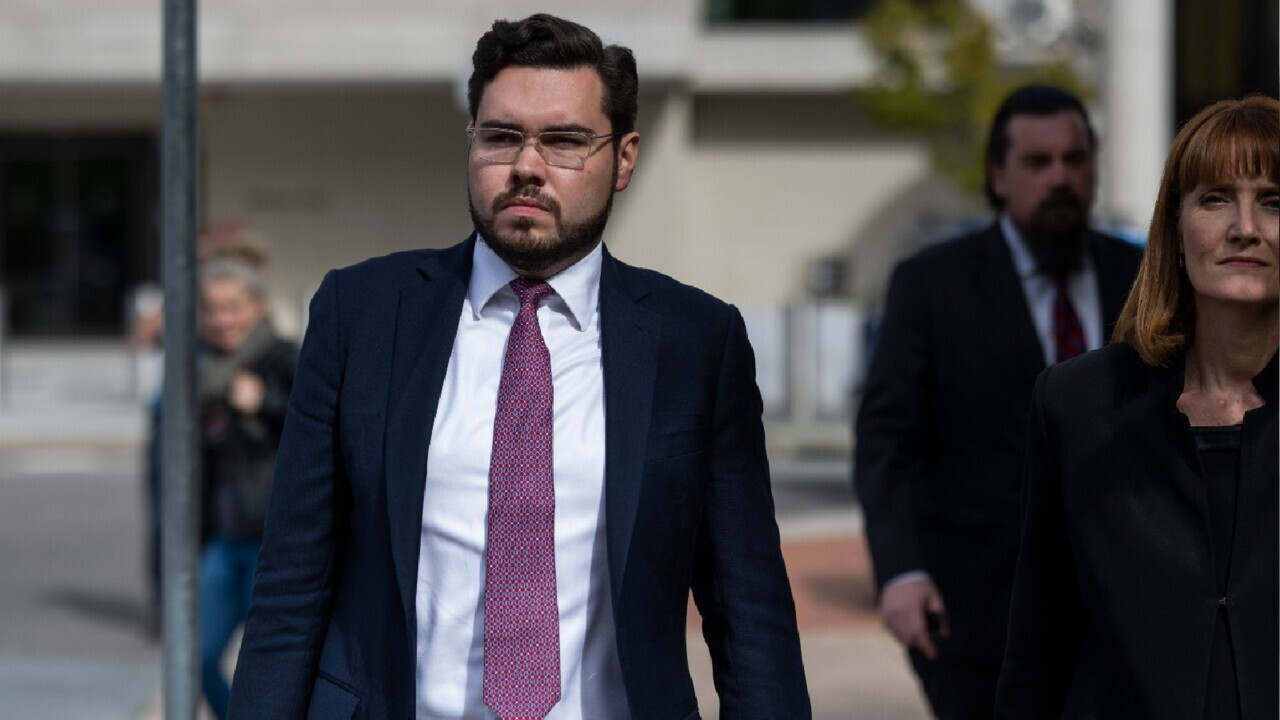
We can’t know what else was in the judge’s mind during this private conversation, or the following one, where she raised a possible guilty plea with Whybrow. Bringing the trial to an early end would be in the interests of protecting the complainant, who was suffering from mental health issues, but we are entitled to ask how that would be in the interests of justice for the defendant.
And what of the defendant’s mental health? Learning a judge had even contemplated a guilty plea so early on could have affected the defendant most severely.
McCallum’s comments so early on in the trial raise the bigger question of individual justice for Lehrmann. While we should always be cognisant of the enormous emotional stress on a complainant when giving evidence and being cross-examined about an allegation of rape, we should also be open to the possibility that a complainant whose version of events is unravelling may find that emotionally challenging.
What was clear, at that early stage, was that some aspects of Higgins’s version were exposed as incorrect during cross-examination. Lawyers call cross-examination the truth engine of the law for good reason. No claim of wrongdoing is worth anything unless it is the subject of cross-examination. Though Higgins had aired her rape allegation in the media before pursuing a formal complaint with police, this was the first time that Higgins’s allegation had been properly tested. Indeed, the Chief Justice knew that Whybrow’s cross-examination of Higgins had not yet been completed. The Chief Justice also knew that many more witnesses were on the court list to give evidence.
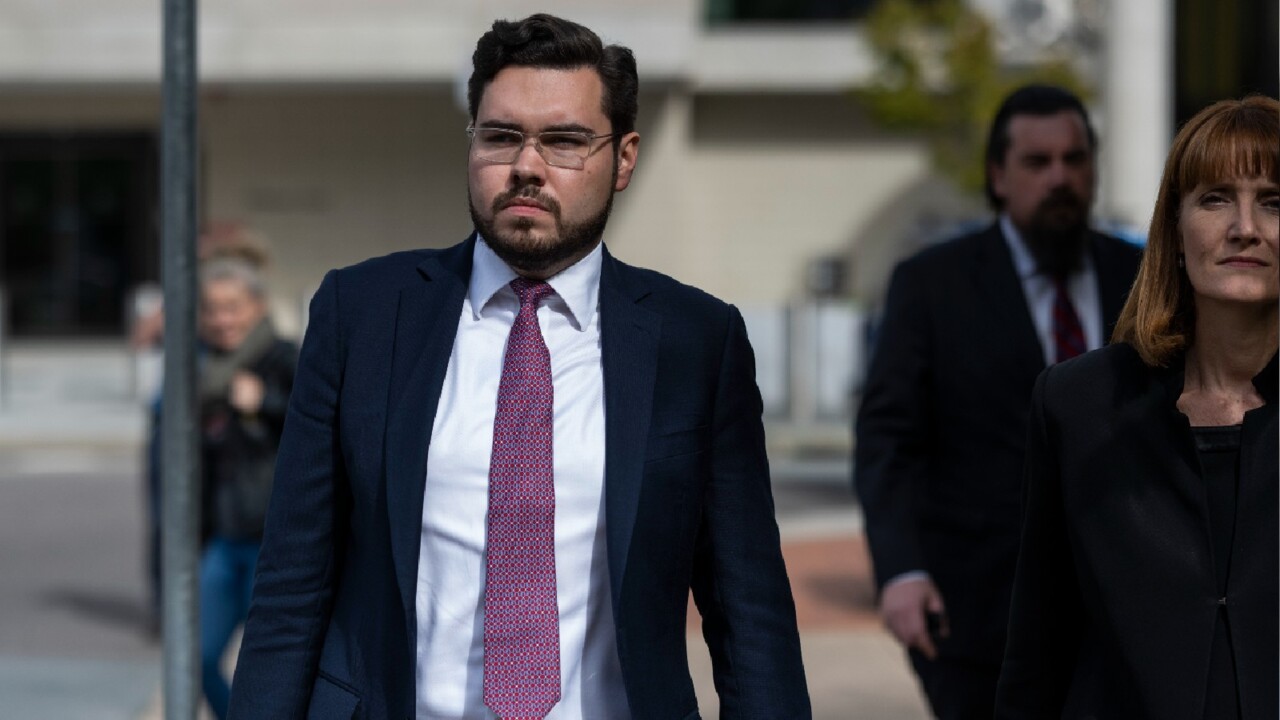
This latest revelation follows internal police reports uncovered last year by The Australian where senior AFP officers raised concerns as to whether a prosecution should have been brought. This revelation about the secret intervention by the Chief Justice raises the wider policy question of whether, in our eagerness to make the legal process less intimidating for complainants, and to make it easier to secure convictions, we have moved the goalposts so far that there is no longer a guarantee of a fair trial for a defendant.
There are people with good and sound intentions on both sides of this divide: those who want to make it easier for complainants to come forward; and on the other side those who want to ensure that a fair trial is a bedrock principle of our criminal justice system. The challenge is how far can we do the former without upending the latter?
Those who say what happens in chambers stays in chambers fail to address two facts. First, this was no ordinary private-in-chamber conversation. The judge asked that an early guilty plea, and a discount for pleading guilty, be relayed to the defendant. Given the context, Lehrmann is entitled to believe that the Chief Justice’s intervention created a perception of bias.
The other fact pertains to how best to promote healthy institutions that uphold values central to our criminal justice system, including the presumption of innocence. Courts, including judges, are not immune from the simple rule that sunlight is the best disinfectant.



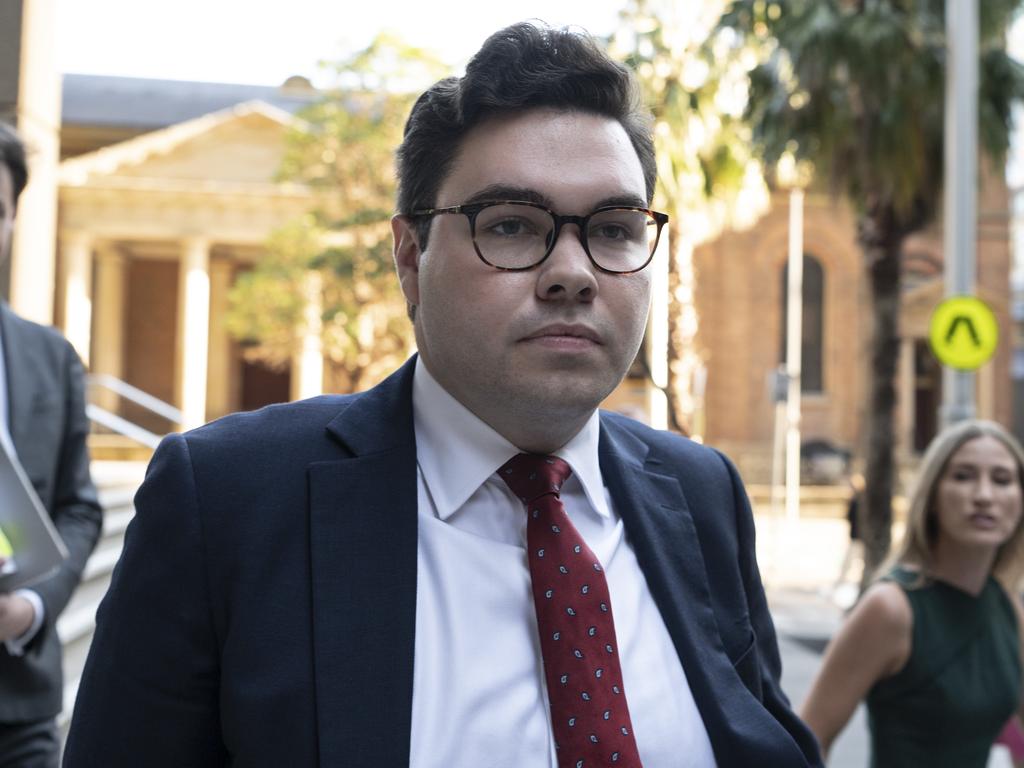
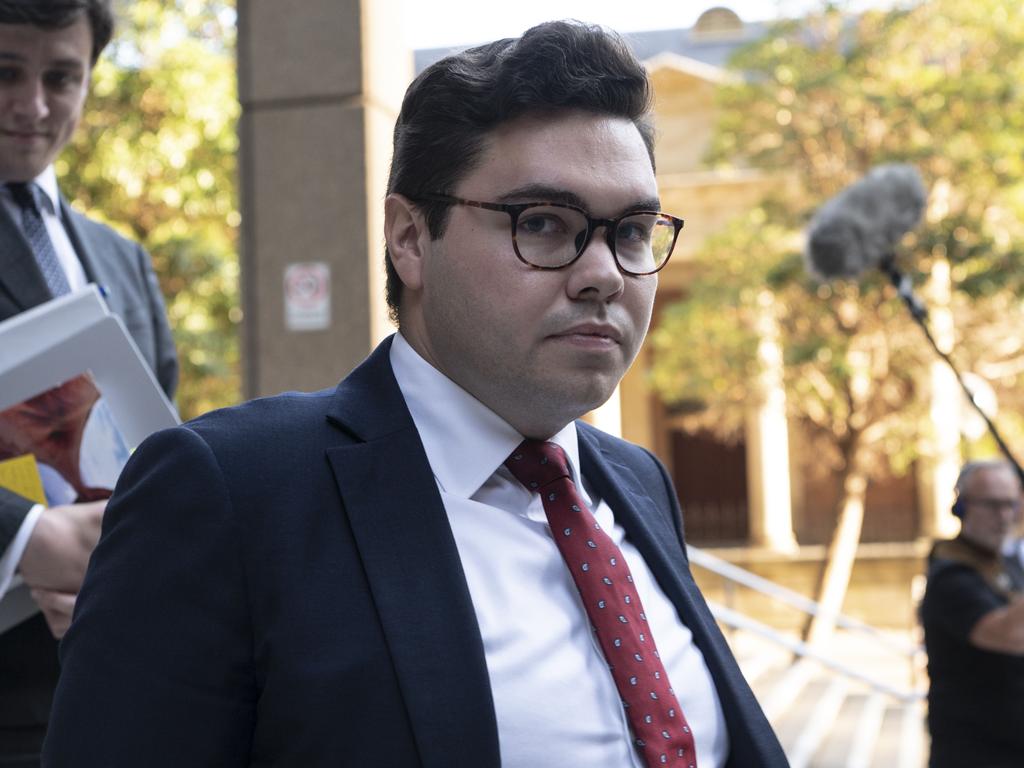



Understandably, many in the legal fraternity are concerned to learn that, barely five days into the rape trial of Bruce Lehrmann, ACT Chief Justice Lucy McCallum told Lehrmann’s defence lawyer during a secret conversation that, should his client decide to plead guilty, she would take that into account when sentencing.